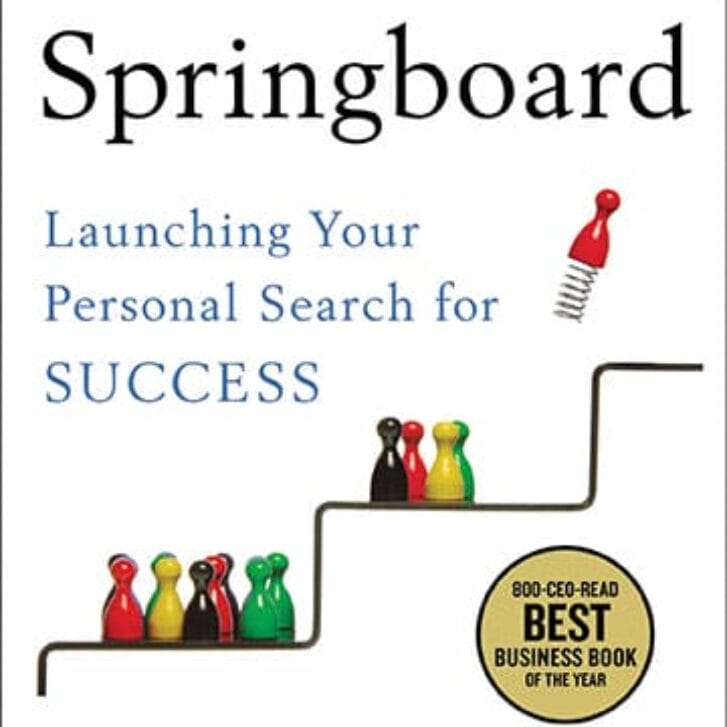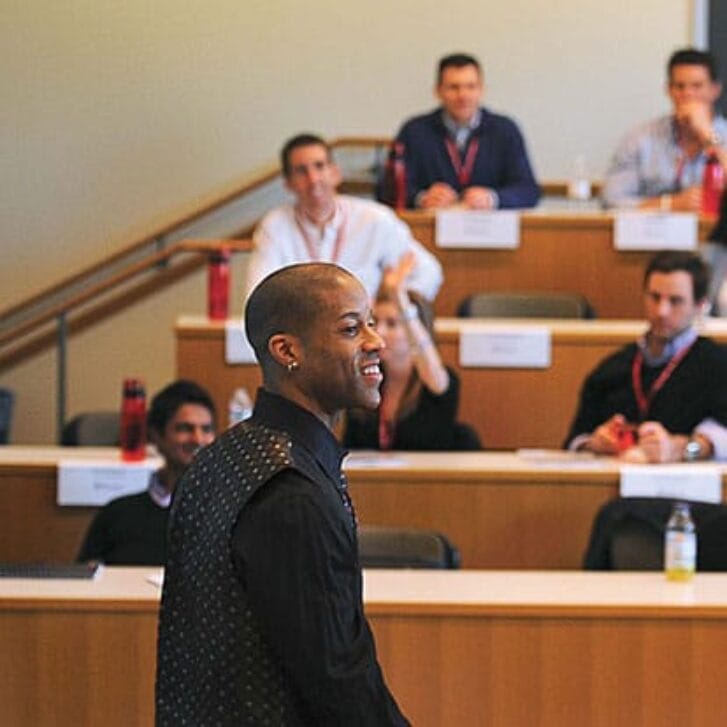Connie Duckworth, WG’79, was an Army brat who grew up thinking moving was fun. “It was an adventure,” she says – a view that has served her well in business. “The only constant in business is change,” she says.
This ease with change and uncertainty stayed with Duckworth through college in Texas, graduate school at Wharton, and throughout her career. She began at Arco in the oil business in the late 1970s when the industry was at its hottest, then became a woman of firsts at Goldman Sachs, where she stayed for 20 years and spent hundreds of hours helping younger women understand the hows and whys of succeeding in business.
In 2001, Duckworth retired from Goldman to make mentoring fledgling businesswomen her full-time vocation, a change that’s left her no less harried than the world of sales and trading. Over the past three years, Duckworth and several partners founded 8 Wings Enterprises, a group of “angel investors” that advises and selectively funds early-stage, women-led companies, and she coauthored (with Sharon Whiteley and Kathy Elliott) The Old Girls’ Network: Insider Advice for Women Building Businesses in a Man’s World. Duckworth also recently completed a two-year term as chair of the Committee of 200, a professional organization of the nation’s most powerful women entrepreneurs and corporate executives. “It’s a full plate,” says Duckworth from her cell phone on her way to the airport to fly to Philadelphia for a speaking engagement.
The pace is nothing new. At Goldman, Duckworth, 49, worked with companies all over the country, serving as the firm’s first female sales and trading partner, co-head of the Municipal Bond Department, head of Fixed Income in Los Angeles, and co-head of the Chicago office.
The Old Girls Network draws on Duckworth’s many years observing and working closely with male and female executives and entrepreneurs at Goldman and its client firms. Described as a soup-to-nuts guide to entrepreneurship in a male-dominated business culture, the book patiently takes readers through every step of starting a business, offering myriad examples of women who “mixed passion, vision and a pioneering spirit” in building their enterprises.
“Many women don’t realize that they can achieve their dreams and execute on their passions in business,” Duckworth says. “It really is a wonderful form of self-expression. And the beauty of having a successful business is it gives you a wonderful economic platform from which to do good.”
Duckworth met her husband, Tom, whom she shared a four-person cubicle with, at her first corporate job at Arco. Despite their busy schedules, the Duckworths have managed to have four children along the way, two girls and two boys ages 13, 11, 9 and 7, with whom they live in a Chicago suburb. “My children by far and away are the best thing I’ve ever done,” says Duckworth, who credits her supportive, equally involved husband for her ability to manage a career and a large family. “I married well,” she says.
Her ties with Wharton have also remained strong. A member of the School’s Board of Overseers and winner of the Kathleen McDonald Distinguished Alumnae Award from the Wharton Women in Business organization, Duckworth says she never could have predicted her career evolution. “A career is a long time. When you’re just getting out of business school, you sometimes think that if you don’t find the exact right job, you are somehow going to be disadvantaged. What I found was that my career in business was really more of a journey, and I wanted to take advantage of opportunities along the way.”


























